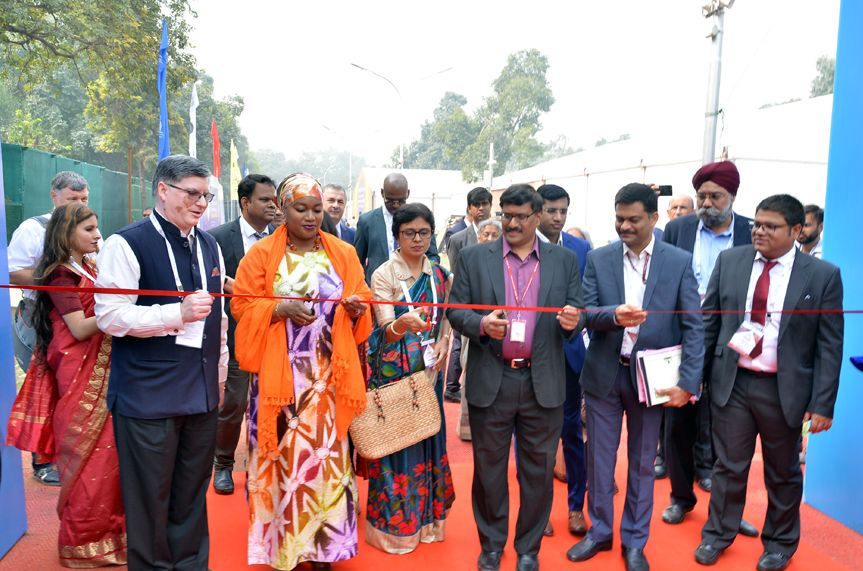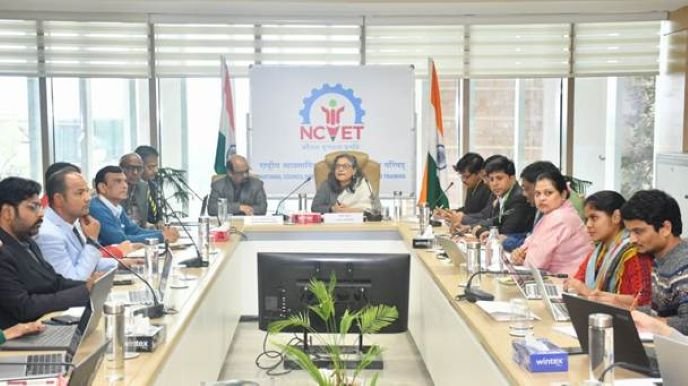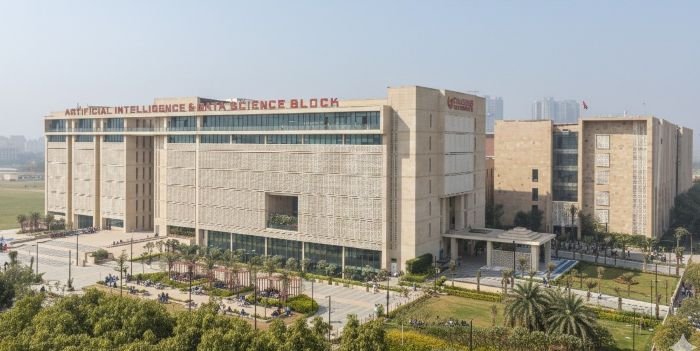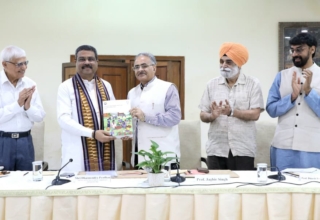

FICCI Higher Education Summit, which is a flagship annual higher education conference of Federation of Indian Industries and commerce (FICCI), one of the largest business chambers in India, began on October 29 on the theme of ‘Universities of the Future’. The conference is spread over three days and is being attended by delegates from more than 26 foreign countries in addition to hundreds of national delegates.
Prof Tan Eng Chye, President National University of Singapore, who gave a keynote in the inaugural plenary of the conference, was clearly one the best speakers who was received very well. He talked about Singapore experience, where human capital is the crucial national resource of sustainability. He showed how with collaboration as a strategy, the NUS has been sending a sizeable number of students to places like silicon valley and other hubs as interns for a year and partnering with local universities for their modules.
Prof Chye also explained his university’s lifelong learning initiative, in which alumni, particularly who feel heat of changing job roles or risk of job losses can come back to university and take short duration courses to change course of their employment or career. He talked about courses in subjects like urban solutions, financial services, cyber security, data analytics in which the university will train its middle age students. “We give employers our commitment of 20 years for our students under continuing education framework,” he said.
Another expert, Alex Usher, President of Higher Education Strategy Associates, Canada, while speaking on financing models, expressed his concern over linking NIRF rankings with funding. He said India is the only country doing so. He said India must mobilize student fee as a major resource of finding while ensuring fairness regime of ensuring access to all. “You can make rich students pay and through that subsidize for those who can’t pay,” he said. He also advocated public guarantee for education loans as it has been a major factor in China’s higher education growth. He said China, Kenya, Malaysia, Brazil, all have a robust fee fairness regime, which is fuelling their higher education growth.
It may be mentioned India is aiming for 60% GER in higher education under New India in next a few years.
To be updated








